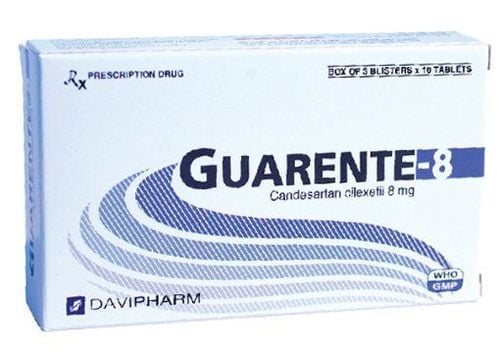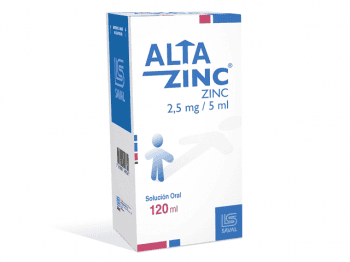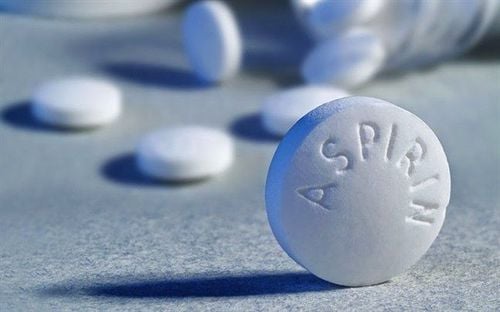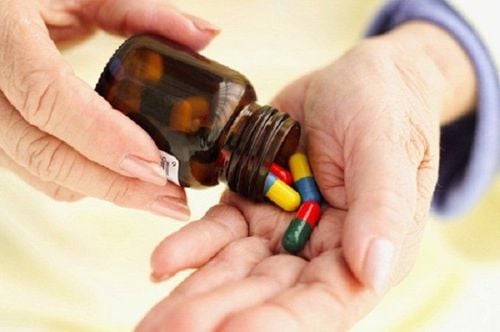This is an automatically translated article.
The article was professionally consulted by a doctor at Cardiology Center - Vinmec Central Park International General Hospital.Atrial fibrillation is an irregular and often fast heartbeat that can increase your risk of stroke, heart failure, and other heart-related complications.
1. What is atrial fibrillation?
With atrial fibrillation, the two atrial chambers work "messy" and irregular - there is no rhythmic coordination with the two ventricles. Common symptoms are nervousness, shortness of breath, shortness of breath and a feeling of weakness and lack of vitality.Atrial fibrillation can come and go, can become chronic atrial fibrillation, atrial fibrillation itself is not life-threatening but needs to be treated as soon as possible.
Atrial fibrillation easily forms blood clots in the heart and can travel causing blockage of blood vessels.
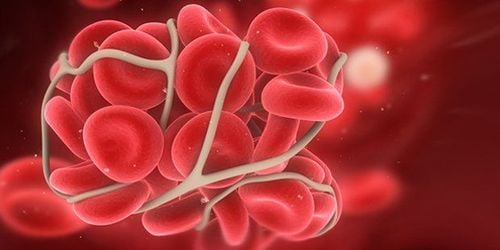
Rung nhĩ dễ hình thành huyết khối gây tắc nghẽn mạch máu
2. Why does atrial fibrillation occur?
In atrial fibrillation, the signal conduction from the 2 chambers of the atria is disturbed, the atrioventricular node is the place where the signal connection between the atria and ventricles will be "messed up" due to the signals from above trying to go down the ventricles, rhythm The ventricles will speed up, but not as fast as the atrial rate because not all pulses can reach the ventricles.
Common causes:
- Hypertension
- Myocardial infarction
- Coronary artery disease
- Heart valve disease
- Congenital heart disease
- Hyperthyroidism or metabolic imbalance
- Stimulants
- Sinus node failure syndrome
- Lung disease
- History of heart surgery
- Infection
- Postoperative stress, pneumonia or other illness
- Insomnia

Mất ngủ cũng có thể là nguyên nhân dẫn tới rung nhĩ
3. What to do when the doctor diagnoses atrial fibrillation?
The goals of treatment for atrial fibrillation are to control heart rate and prevent blood clots that cause stroke. Heart rate control: pharmacological or electroconvulsive sinus cardioversion, or rate correction if sinus cardioversion is not possible. A few cases of atrial fibrillation ablation: need to be examined and consulted by a specialist in cardiac arrhythmias Prevention of blood clots: anticoagulants (warfarin or new oral anticoagulants,...), left atrial appendage occlusion. Lifestyle adjustment: healthy heart-healthy diet, exercise, no smoking, weight loss, drinking beer/alcohol according to instructions, regular check-ups with a cardiologist to detect complications. Vinmec International General Hospital is one of the hospitals that not only ensures professional quality with a team of leading doctors, modern equipment and technology, but also stands out for its examination and consulting services. and comprehensive, professional medical treatment; civilized, polite, safe and sterile medical examination and treatment space.
Customers can directly go to Vinmec Health system nationwide to visit or contact the hotline here for support.




